Filmmaker Sterlin Harjo's Grandfather disappeared mysteriously in 1962. The community searching for him sang songs of encouragement that were passed down for generations. Harjo explores the origins of these songs as well as the violent history of his people.
Related Movies
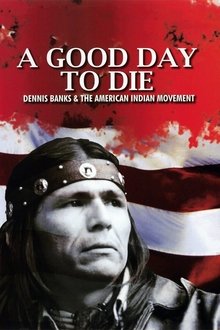
A Good Day to Die (2010)
Interviews and archival footage profile the life of Dennis Banks, American Indian Movement leader who looks back at his early life and the rise of the Movement.
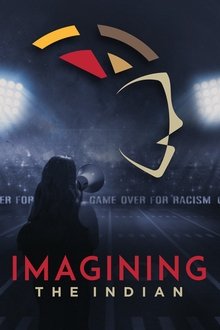
Imagining the Indian: The Fight Against Native American Mascoting (2021)
Examining the movement that is ending the use of Native American names, logos, and mascots in the world of sports and beyond.
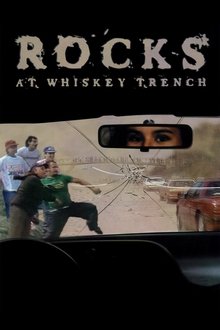
Rocks at Whiskey Trench (2000)
The fourth film in Alanis Obomsawin's landmark series on the Oka crisis uses a single, shameful incident as a lens through which to examine the region's long history of prejudice and injustice against the Mohawk population.
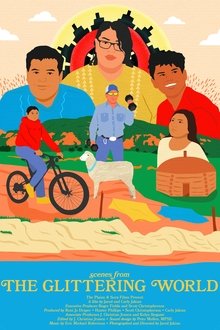
Scenes from the Glittering World (2021)
At the farthest edge of the Navajo Nation, the purpose and future of the most remote high school in the continental United States is in question while three Indigenous youth grapple with ambitious dreams, family responsibilities, and the isolated nature of their community.
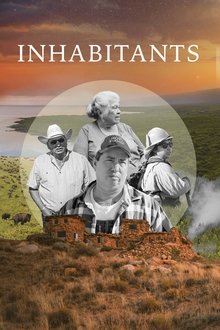
Inhabitants (2021)
For millennia, Native Americans successfully stewarded and shaped their landscapes, but centuries of colonization have disrupted their ability to maintain their traditional land management practices. From deserts, coastlines, forests, mountains, and prairies, Native communities across the US are restoring their ancient relationships with the land. As the climate crisis escalates these time-tested practices of North America's original inhabitants are becoming increasingly essential in a rapidly changing world.

Yuma Crossing (1990)
The story of the Yuma Crossing, the place where centuries of travelers crossed the Colorado River as told in a series of reenacted vignettes by colorful characters from the Quechan tribe, the conquistadores, Father Kino, Olive Oatman and others up until the first bridge was built in the 1920's.

Children of Wind River (1989)
A film made by Victress Hitchcock and Ava Hamilton in 1989 on the Wind River Reservation for Wyoming Public Television.

High Steel (1965)
A dizzying view of Manhattan in the 1960s, the tallest town in the world, and the men who work cloud-high to keep it growing. They are the Mohawk Indians from Kahnawake, near Montréal, famed for their skill in erecting the steel frames of skyscrapers. The film shows their nimble work, high above the pavement, but there are also glimpses of the quieter community life of the old Kahnawake Reserve.

Hillary's America: The Secret History of the Democratic Party (2016)
Bestselling author and influential filmmaker Dinesh D’Souza reveals the sordid truth about Hillary Clinton and the secret history of the Democratic Party. This important and controversial film releases at a critical time leading up to the 2016 Presidential campaign and challenges the state of American politics.

Hail to the Breadsticks! (2023)
Writer producer Donick Cary (The Simpsons, Parks and Recreation, Have a Good Trip, etc.) has been a huge fan of the Washington D.C. pro football team since before he could walk. Passed down from his dad, he was excited to pass the tradition onto his kids. Donick never questioned the team name and or Native American logo until one day, while watching a game, his 9-year-old son, Otis, asked him if it was racist. When Otis suggests they ask Native Americans how they feel, it sends the two on a cross-country journey full of unexpected surprises.
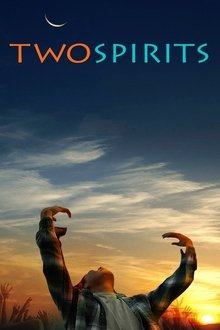
Two Spirits (2009)
Fred Martinez was a Navajo youth slain at the age of 16 by a man who bragged to his friends that he 'bug-smashed a fag'. But Fred was part of an honored Navajo tradition - the 'nadleeh', or 'two-spirit', who possesses a balance of masculine and feminine traits.

The Warrior Tradition (2019)
The astonishing, heartbreaking, inspiring, and largely-untold story of Native Americans in the United States military. Why do they do it? Why would Indian men and women put their lives on the line for the very government that took their homelands?
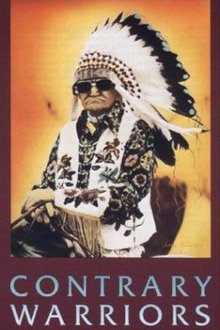
Contrary Warriors: A Film of the Crow Tribe (1985)
Examines the impact a century of struggling for survival has on a native people. It weaves the Crow tribe's turbulent past with modern-day accounts from Robert Yellow-tail, a 97-year-old Crow leader and a major reason for the tribe's survival. Poverty and isolation combine with outside pressures to undermine the tribe, but they resist defeat as "Contrary Warriors," defying the odds.
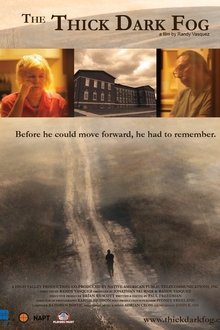
The Thick Dark Fog (2011)
Walter Littlemoon attended a federal Indian boarding school in South Dakota sixty years ago. The mission of many of these schools in 1950, was still to “kill the Indian and save the man.” The children were beaten, humiliated or abused if they spoke their language or expressed their culture or native identity in any way. The trauma led many to alcoholism and violence in adulthood. At age 58, Walter began writing his memoirs as a way to explain his own abusive behaviors to his estranged children, but he could not complete the project without confronting the “thick dark fog” of his past so he could heal.

Warrior Women (2018)
Through the figure of Lakota activist and community organizer Madonna Thunder Hawk, this inspiring film traces the untold story of countless Native American women struggling for their people's civil rights. Spanning several decades, Christina D. King and Elizabeth A. Castle's documentary charts Thunder Hawk's lifelong commitment, from her early involvement in the American Indian Movement (AIM), to her pivotal role in the founding of Women of All Red Nations, to her heartening presence at Standing Rock alongside thousands protesting the Dakota Access Pipeline. She passed her dedication and hunger for change to her daughter Marcy, even if that often meant feeling like comrades-in-arms more than mother and child. Through rare archival material—including amazing footage of AIM's occupation of Wounded Knee—and an Indigenous style of circular storytelling, Warrior Women rekindles the memories and legacy of the Red Power movement's matriarchs.

Pine Ridge (2013)
19 year old Bert sits in the shade of a tree in Yo Park. Cassandra Warrior feeds her daughter Diamond Rose. Daniel Runs Close sweats under the sun at Wounded Knee Memorial site. Kassel Sky Little puts his boots on at the Waters Rodeo. Vanessa Piper is alone in the middle of Badlands. Lance Red Cloud hangs out behind the gas station at night. It is summer and they all live here, at the Pine Ridge Reservation in South Dakota, USA.
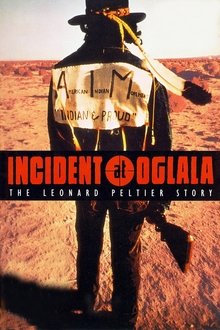
Incident at Oglala (1992)
On June 26, 1975, during a period of high tensions on the Pine Ridge reservation in South Dakota, two FBI agents were killed in a shootout with a group of Indians. Although several men were charged with killing the agents, only one, Leonard Peltier, was found guilty. This film describes the events surrounding the shootout and suggests that Peltier was unjustly convicted.